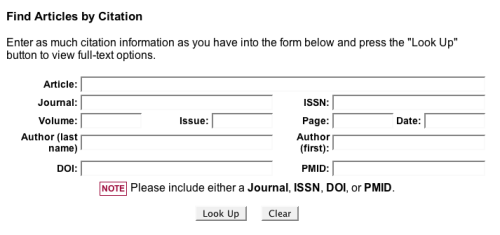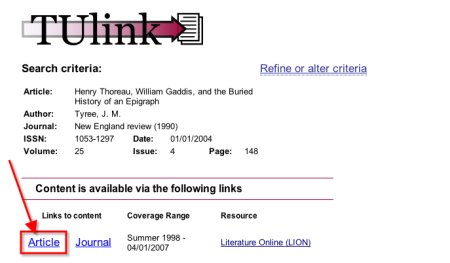Temple University Libraries offer a number of short workshops to help familiarize you with library resources and the latest time-saving tools for conducting research.
Register by following the link. ——————-
10 Ways to do Scholarly Research in Your Pajamas Temple University Libraries offer thousands of online resources, plus personalized services. From using eBooks, streaming videos, and databases to requesting, receiving, and sharing online resources, learn how to make the library come to you!
- 1 – 2pm: 2/20/08, 2/21/08, 4/9/08, 4/10/08
- Location: TECH Center rm. 205A
- Register Here (Click on “Research” to see all of the library workshops)
Getting Organized Online Forgot about a paper that`s due? Forget to pay your phone bill or to call back that cute classmate? Is your email inbox overflowing? In this session a Temple University Librarian will discuses ideas and demonstrate online applications that help you get organized: “to do” lists, events, email management, and documents. Get text message or IM reminders! Access your calendar from any computer, anywhere!
- 1-2pm: 2/27/08, 2/28/08
- Location: TECH Center rm. 205A
- Register Here (Click on “Research” to see all of the library workshops)
Stuff You Didn’t Know You Could Do With Google How do you use Google? If you’re not going beyond the introductory Search Page, then you’re not experiencing the full potential of Google. Google is the Hitchhiker’s Guide to the Universe wanna-a-be; learn how to use it to search Temple’s databases, to search for government information from any locality in the world, to find PowerPoint presentations on any topic, to find full-text books, and much more.
- 1 -2pm: 3/5/08, 3/6/08, 4/16/08, 4/17/08
- Location: TECH Center rm. 205A
- Register Here (Click on “Research” to see all of the library workshops)
To Google or Not to Google Google provides fast but often ineffective results. Will you really impress your professor by citing a Wikipedia article as a source for a research paper? In this session a Temple University Librarian will discuss the pros and cons of using Google for academic research. Discover how to just as quickly access more appropriate sources without over relying on Google. This session will cover a new open source Wiki alternative, as well as some of the more traditional reference tools that have been digitized for easy web access.
- 1-2pm: 3/19/08, 3/20/08
- Location: TECH Center rm. 205A
- Register Here (Click on “Research” to see all of the library workshops)
Citations Without Tears Save time on your papers, and throw out all those long citation guides. Learn to use RefWorks, a web based application (free to Temple students!) that allows you to easily and quickly gather your citations and organize them for the creation of bibliographies and in- text citations in almost any format APA, MLA, Chicago, and more. Note: This session will include hands-on learning in the use of RefWorks.
- 1-2pm: 3/26/08, 3/27/08, 4/23/08, 4/30/08, 5/1/08
- Location: TECH Center rm. 109
- Register Here (Click on “Research” to see all of the library workshops)
Beyond Google: the Ultimate Search Engine Google is so easy to use that it`s tempting to begin and end your Web searching right there. But, the Web is actually much bigger offering more tools and resources than what Google covers. Dare to go beyond Google and discover excellent tools on the Web that you can use to expand your searching. Get tips based on the article “FrankenGoogle: How to mash together the ultimate search engine” by Christopher Beam (Slate.com on August 14, 2007) that describes reasons why you should sometimes dare to go “Beyond Google.”
- 1-2pm: 4/2/08, 4/3/08
- Location: TECH Center rm. 205A
- Register Here (Click on “Research” to see all of the library workshops)




